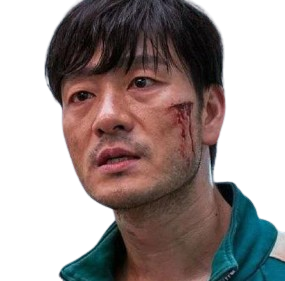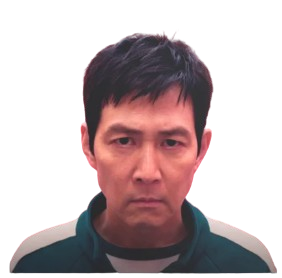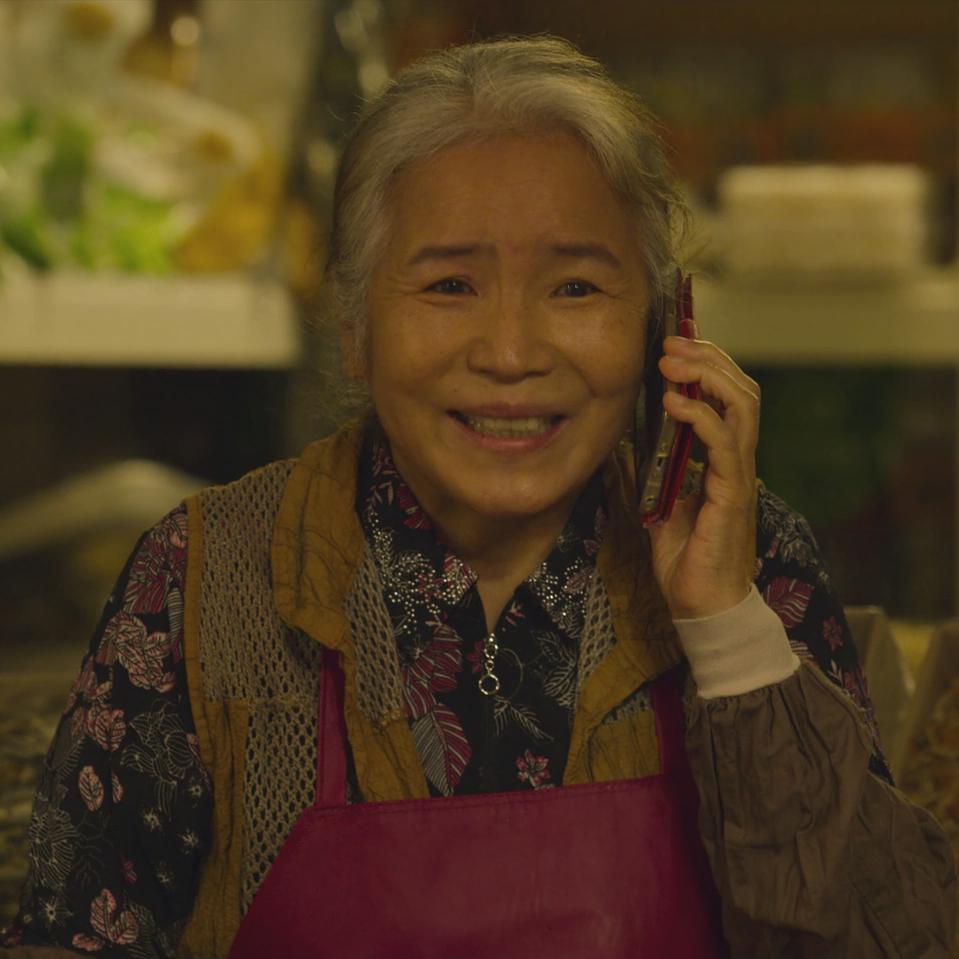The Tragic Intellectual
Sang-woo represents the dark side of intelligence and ambition. His brilliance, which should have been his greatest
asset, becomes his curse as he uses it to justify increasingly immoral actions. Unlike Gi-hun, who maintains his
humanity through emotional connections, Sang-woo's intellectual approach isolates him and strips away his empathy.
"I'm sorry, mother."
- Sang-woo's final words, showing his ultimate regret and humanity
The Corruption of Success
Sang-woo's character arc serves as a cautionary tale about the pressure to succeed in modern society. His desperation
to maintain his image as the neighborhood's golden boy drives him to increasingly desperate measures. The weight of
expectations - both his own and others' - becomes unbearable, leading to the financial crimes that force him into the games.
Intelligence Without Wisdom
While Sang-woo possesses remarkable analytical intelligence, he lacks emotional and moral wisdom. He can calculate
probabilities and strategize complex scenarios, but he fails to understand the value of human connections and trust.
His treatment of Ali exemplifies this - he sees only a tactical advantage where others see friendship and loyalty.
"This is a game. We're not here to be friends."
- Sang-woo's rationalization for his increasingly cold behavior
The Psychology of Shame
At the core of Sang-woo's character is profound shame. His entire identity was built on being the successful one,
the pride of his neighborhood. When that facade crumbles, he can't bear to face the truth. The games offer him
a chance at redemption, but his methods ensure that even victory would be meaningless.




